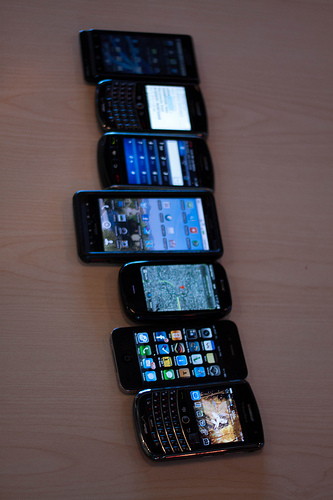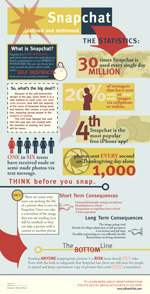If you think the trend of teen sexting is troubling, just listen to some of the attitudes teens have about it. Many teens shrug and say it's no big deal, nothing could really happen. A recent study on teens and technology reported that 90% of teens who had sexted said that no negative consequences ever came from it.
Teens think they are invincible, that nothing bad would happen to them. If this describes your teen, talk about a few of 7 consequences of sexting that could make them regret hitting “send.”
-
It could be shared with people you don't intend to share it with. The person you are sexting

















.jpg)


